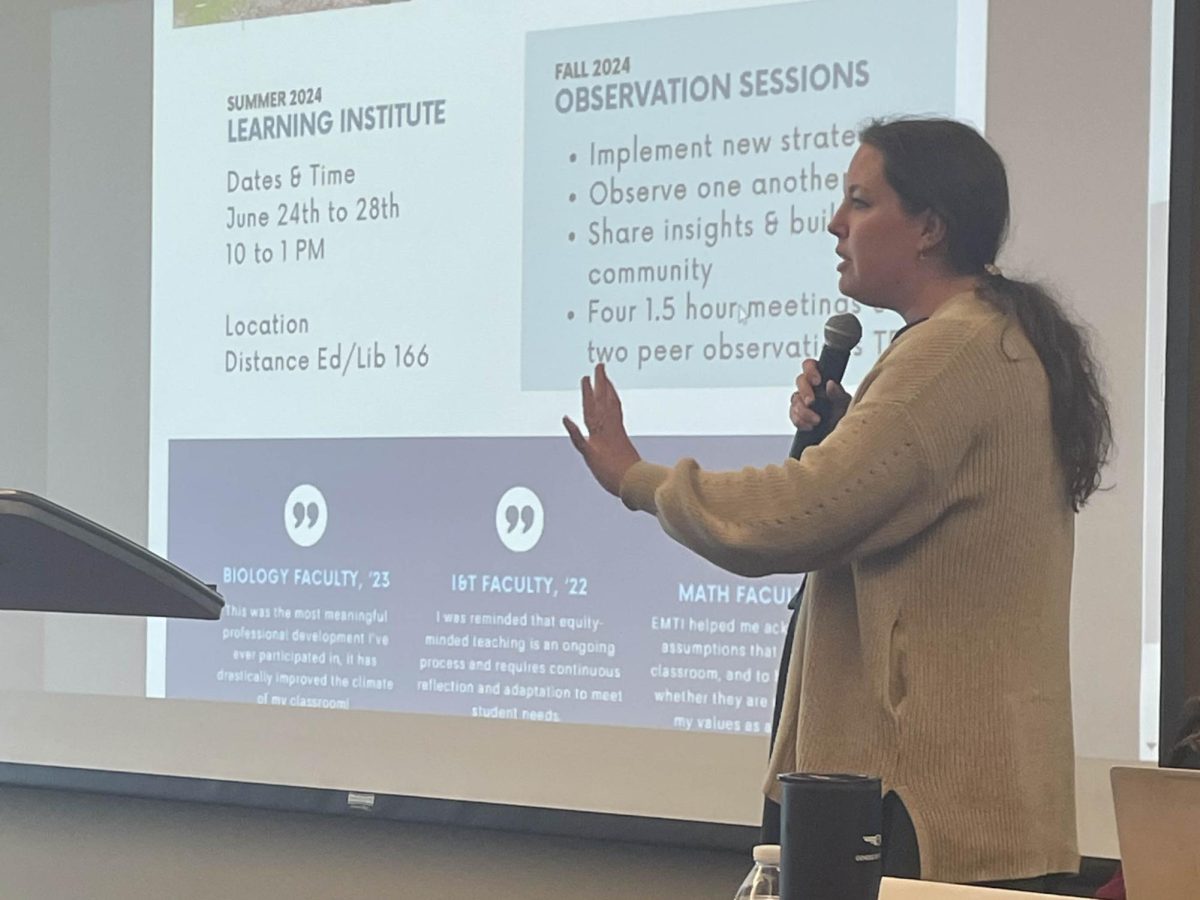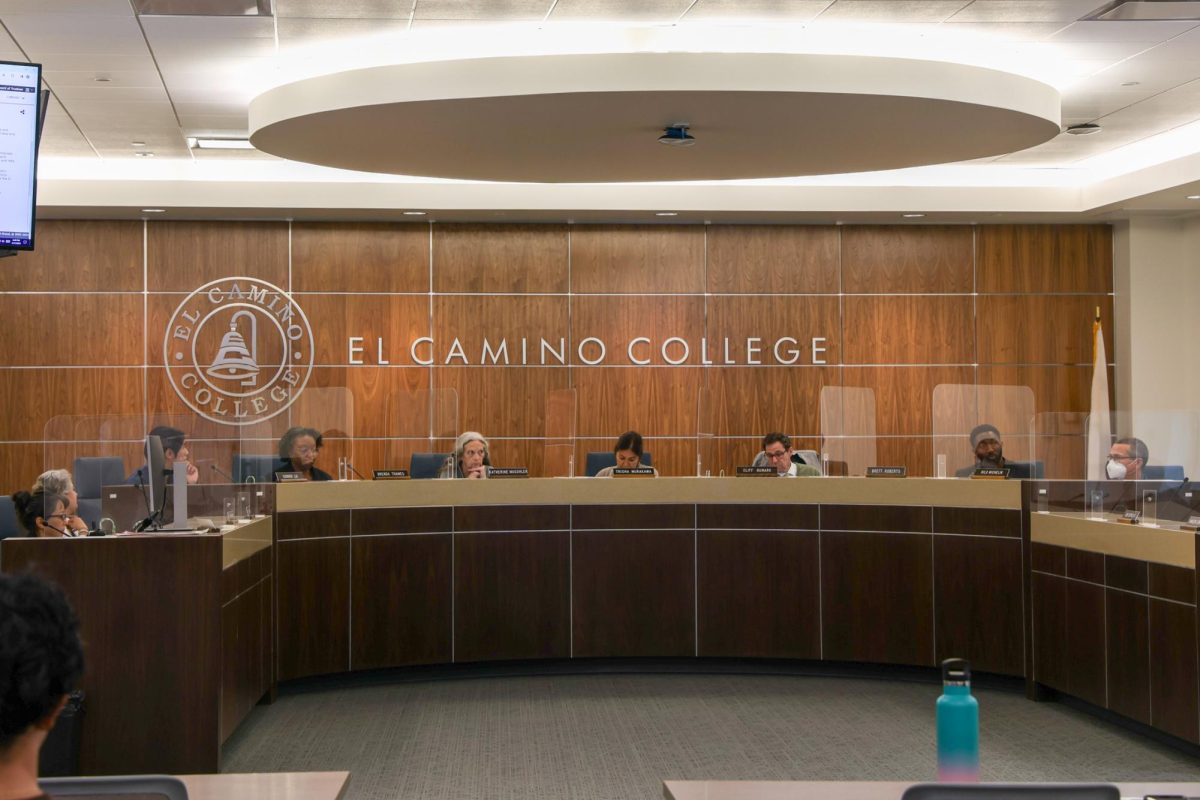Members of EC’s curriculum committee voted Tuesday to accept a pair of experimental, accelerated math courses on a permanent basis, school officials said.
The courses are designed to help students who are not majoring in science, technology, engineering, or math (STEM) more effectively reach proficiency in college-transfer level math, Susan Taylor, math professor, said.
“The traditional developmental math sequence we have is geared towards calculus, and toward STEM majors, so we wanted to create an alternate sequence that would be most suited for the majority of our students, who are not STEM majors,” Taylor said.
According to the El Camino website, the courses, “Basic Accelerated Mathematics” and “Intermediate Algebra for Statistics” worth five and four credits respectively, essentially condense two semesters of courses into one, with a minimum of three hours of lab time and three hours of lecture a week.
Educators hope that by shortening the length of time these non-STEM majors need to reach college level proficiency in math, the rate of attrition among students in these courses can be greatly lowered, Alice Martinez, math instructor, said.
“We tend to have a lot of students who test into math 12, and statistically, only 50 percent of those students continue on to the next course, and only 50 percent of those move on to the next, so you only have 25 percent then, and when only half of those move on to math 40, you basically only have 12 percent of those original students left,” Martinez said.
Those numbers quickly add up, as despite the large number of students testing into math 12 classes, only 4 percent of students in those classes actually reach transfer level math courses within two years, Martinez said.
“With accelerated classes, you’d think students would do worse, but we’ve found that they actually do much better, since they get more done at once,” Martinez added.
In addition to shortening the time it takes students to reach a college level of proficiency in math, the courses have another benefit, Taylor said.
“Not only is it in half the time, the preparation for statistics is a better preparation for most students, since that’s the math that most non-STEM majors take,” Taylor said.
However, some students, like Spencer Tanaka, 19, pre-engineering major, have doubts about the new courses’ effectiveness.
“It might be a good opportunity for students to finish faster, but if they are struggling then it will be a whole lot tougher on them. If a class goes faster to cover all the materials and student cannot keep up then they’ll just end up even further behind, and might have to repeat the class anyways,” Tanaka said.
Of course, other students, like Frankie Villanueva, 21, music major, are more confident that the classes are an improvement over traditional math classes.
“It’s good because it means skipping classes that I already did in high school.” Villanueva said. “In terms of being able to handle the accelerated math class, if I sign up for it, it means that I am ready for the amount of coursework.”
“A student should know what to expect when registering for classes and they should prepare for it ahead of time,” Villanueva said.






